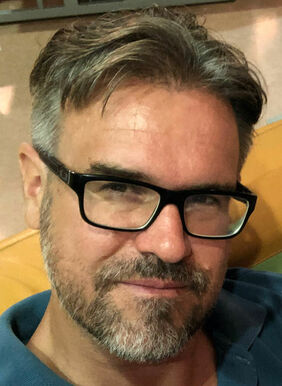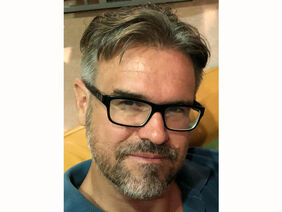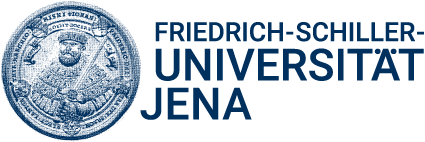Jena. ADP-ribosylation (ADPr) is a widespread and versatile post-translational modification (PTM) that targets proteins, RNA and DNA regulating vital cellular processes in all kindoms of life. ADPr is especially known in the context of the endogenous isoenzyme poly(ADP-ribose) polymerase 1 (PARP1), an important target for cancer therapy and a key player in premature aging diseases and neurodegeneration. The importance of PARP1 in aging also extends to its interplay with sirtuins (conserved histone/protein deacetylases that have life-prolonging and stress-defense effects), including the mono-ADP-ribose transferase SIRT6. However, despite their biological and clinical importance, ADPr signaling pathways are still under-researched as they have been repeatedly questioned over decades.
Ivan Matić’s research team identified, using the proteomic approach for ADPr, serine-ADPr as a novel histone modification. This seminal finding led to the revolutionary discovery that the HPF1/PARP1 complex is the originator of this novel PTM. This represents a new paradigm for PARP1 signaling. Matić's team converted these fundamental discoveries into a broadly applicable technology.
Building on the knowledge gained about the interactions between histone marks, the scientists developed a phospho-guided approach that served as the basis for the production of the first site-specific ADPr antibodies. This milestone had eluded researchers for more than fifty years. The novel ability to probe mono-ADPr with unmatched specificity and sensitivity enabled Matic's team to introduce the concept of mono-ADPr as a second wave of PARP1 signaling.
Recently, Matić's researchers have further extended the reach of the tools by founding general approaches to the conservation of ester-linked PTMs. Dr. Ivan Matić is convinced: "These new concepts and tools are fostering discoveries in laboratories worldwide, not only within the context of the DNA damage response and chromatin dynamics, but also extending to a range of biological processes, from aging to immunity."
Information about Dr. Ivan Matić:
- , Cologne
| Title of Talk: | ADP-ribosylation in DNA Repair Signaling and Aging – Blending Advanced Technologies and Fundamental Discoveries |
| When: | Tuesday, July 23, 2024, 11:00 am |
| Where: | Seminar room “Nucleus”, main building (FLI 1), Beutenbergstraße 11, Jena |
| Host: | Dario Riccardo Valenzano (Group leader Evolutionary Biology / Microbiome-Host Interactions in Aging) |
The colloquium will be a hybrid event. Details for accessing the session will be provided before the colloquium takes place. For external guests: Please contact Ivonne.Roeppnack-Jahnke@leibniz-fli.de for details.












